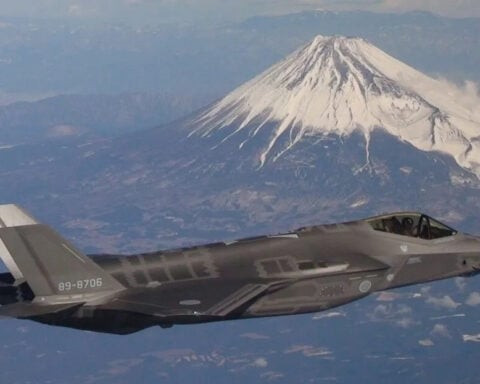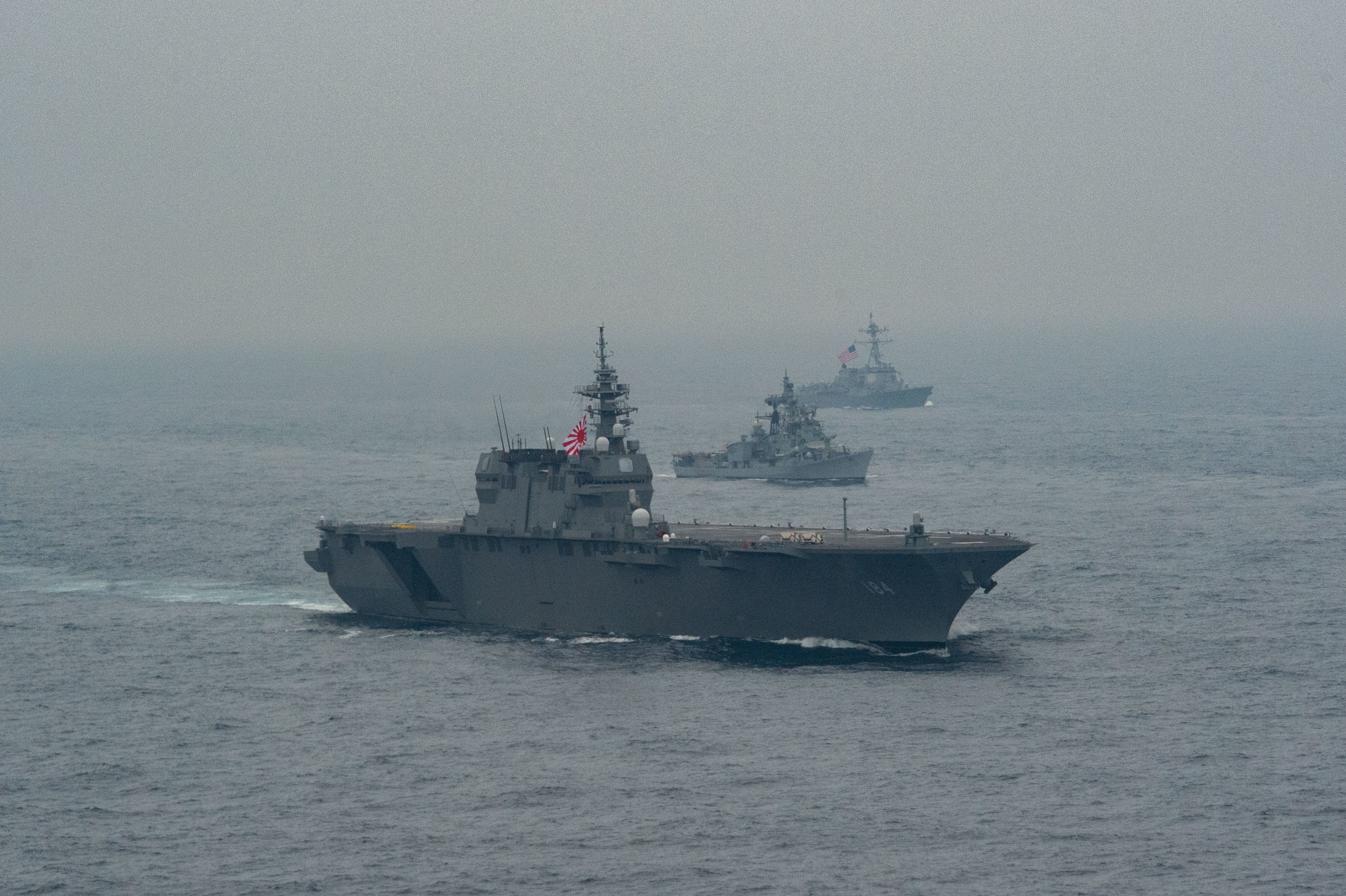The following is Sept. 30, 2019 Congressional Research Service report, U.S. Role in the World: Background and Issues for Congress.
From the report
The U.S. role in the world refers to the overall character, purpose, or direction of U.S. participation in international affairs and the country’s overall relationship to the rest of the world. The U.S. role in the world can be viewed as establishing the overall context or framework for U.S. policymakers for developing, implementing, and measuring the success of U.S. policies and actions on specific international issues, and for foreign countries or other observers for interpreting and understanding U.S. actions on the world stage.
While descriptions of the U.S. role in the world since the end of World War II vary in their specifics, it can be described in general terms as consisting of four key elements: global leadership; defense and promotion of the liberal international order; defense and promotion of freedom, democracy, and human rights; and prevention of the emergence of regional hegemons in Eurasia.
The issue for Congress is whether the U.S. role in the world is changing, and if so, what implications this might have for the United States and the world. A change in the U.S. role could have significant and even profound effects on U.S. security, freedom, and prosperity. It could significantly affect U.S. policy in areas such as relations with allies and other countries, defense plans and programs, trade and international finance, foreign assistance, and human rights.
Some observers, particularly critics of the Trump Administration, argue that under the Trump Administration, the United States is substantially changing the U.S. role in the world. Other observers, particularly supporters of the Trump Administration, while acknowledging that the Trump Administration has changed U.S. foreign policy in a number of areas compared to policies pursued by the Obama Administration, argue that under the Trump Administration, there has been less change and more continuity regarding the U.S. role in the world.
Some observers who assess that the United States under the Trump Administration is substantially changing the U.S. role in the world—particularly critics of the Trump Administration, and also some who were critical of the Obama Administration—view the implications of that change as undesirable. They view the change as an unnecessary retreat from U.S. global leadership and a gratuitous discarding of long-held U.S. values, and judge it to be an unforced error of immense proportions—a needless and self-defeating squandering of something of great value to the United States that the United States had worked to build and maintain for 70 years.
Other observers who assess that there has been a change in the U.S. role in the world in recent years—particularly supporters of the Trump Administration, but also some observers who were arguing even prior to the Trump Administration in favor of a more restrained U.S. role in the world—view the change in the U.S. role, or at least certain aspects of it, as helpful for responding to changed U.S. and global circumstances and for defending U.S. values and interests, particularly in terms of adjusting the U.S. role to one that is more realistic regarding what the United States can accomplish, enhancing deterrence of potential regional aggression by making potential U.S. actions less predictable to potential adversaries, reestablishing respect for national sovereignty as a guidepost for U.S. foreign policy and for organizing international affairs, and encouraging U.S. allies and security partners in Eurasia to do more to defend themselves.
Congress’s decisions regarding the U.S role in the world could have significant implications for numerous policies, plans, programs, and budgets, and for the role of Congress relative to that of the executive branch in U.S. foreign policymaking.
Download document here.





